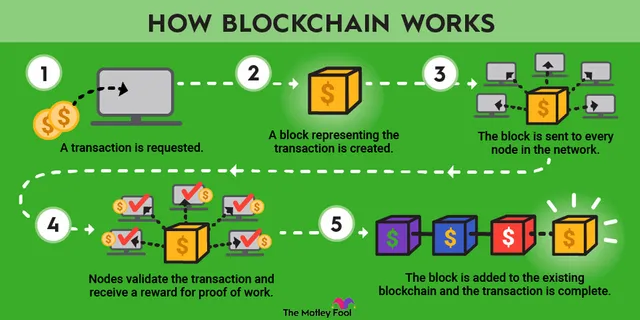The advent of blockchain technology has ushered in a new era of economic transactions, decentralization, and transparency. A blockchain economy, built on the principles of distributed ledgers and cryptographic security, is becoming increasingly necessary. Blockchain eliminates the need for centralized authorities, such as banks or governments, to validate and record transactions. Through a decentralized network of nodes, each participant in the blockchain has access to a transparent and tamper-resistant ledger, instilling trust by removing the reliance on a single point of control and reducing the risk of fraud and manipulation.
The cryptographic nature of blockchain ensures the security of transactions, making it nearly impossible to alter past transactions and providing an immutable record of all activities. This not only enhances the security of financial transactions but also creates a robust foundation for a wide range of applications, from supply chain management to healthcare. Traditional financial systems often involve intermediaries, leading to higher transaction costs. Blockchain technology facilitates peer-to-peer transactions, eliminating the need for intermediaries and reducing associated fees. This cost-effectiveness is particularly significant for cross-border transactions, where traditional banking systems may incur delays and additional charges.
A blockchain economy has the potential to bring financial services to the unbanked and underbanked populations. With simplified access to digital wallets and decentralized financial services, individuals without traditional banking infrastructure can participate in the global economy, fostering financial inclusion and reducing socioeconomic disparities. Smart contracts, self-executing agreements with the terms of the contract directly written into code, automate and enforce contractual obligations. This not only streamlines business processes but also reduces the need for intermediaries. Industries such as real estate, legal, and supply chain management can benefit from the efficiency and transparency offered by blockchain-based smart contracts.
Blockchain enables the fractional ownership and tokenization of assets, allowing for the efficient trading of real estate, art, and other traditionally illiquid assets. This opens up new investment opportunities, democratizing access to a broader range of assets and diversifying investment portfolios. In conclusion, the blockchain economy is not just a technological advancement but a transformative force reshaping the fundamentals of economic systems. Its necessity lies in its ability to provide security, transparency, cost-effectiveness, and inclusivity. As blockchain technology continues to evolve, its impact on various industries and the global economy is likely to expand, driving innovation and fostering a more equitable and efficient financial landscape.
